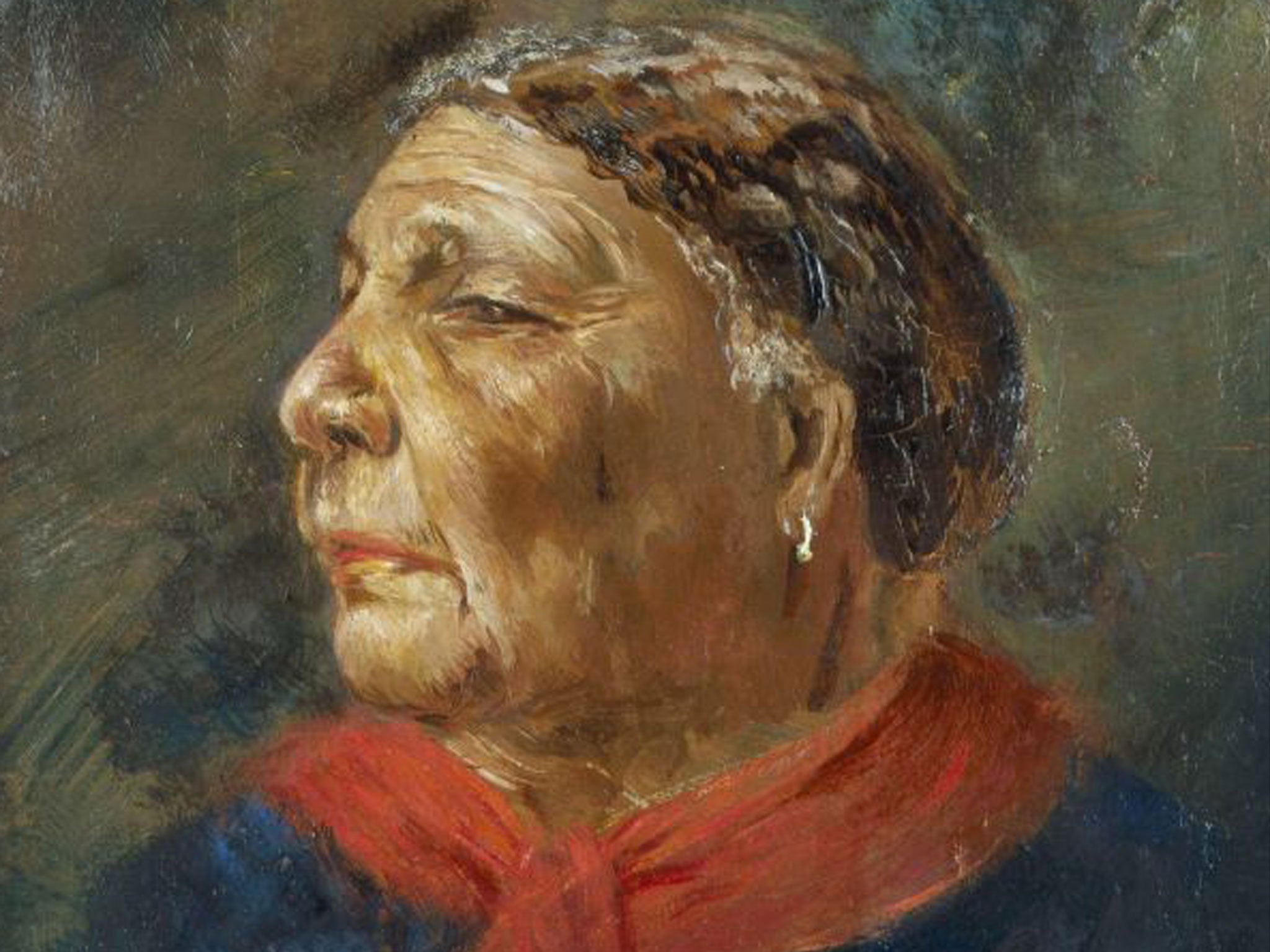Errors and Omissions: When medicine and geology get mixed up in a purple haze
Our peerless pedant reviews the slips from this week's Independent

This is from a news story published on Monday: “His dad and granny wrote the book that set out the medical evidence that Mad King George suffered from porphyry.” Was that a malapropism or a typing error? Either way, there is something gloriously bizarre about it.
Porphyry is a hard and beautiful stone consisting of a red mass dotted with shiny crystals; the Porphyry Chamber in the Byzantine imperial palace at Constantinople was lined with it. The disease George III is believed to have suffered from is called porphyria.
Both words are derived from the Greek word for “purple”. What has that to do with the disease? Apparently the stools of sufferers show a purplish tinge.
Daft headline of the week: “Don’t consign Mary Seacole to history, Gove is urged.” The story, published last Saturday, was about the school curriculum. Mr Gove wants to remove the study of Mary Seacole of Crimean War fame, and there is a campaign to keep her in. So Gove doesn’t want to “consign her to history” but to remove her from history – the exact opposite. In so doing he would, of course, consign the study of her to “history” – which was the point of the joke the headline was trying to make.
But a joke is funny only to those who share the assumptions behind it. To me this headline just exemplifies the oafishness of the whole idea that to consign something to history means to ignore it. “That’s history!” exclaims the Philistine, meaning that we should forget about it. But to people who care about the continuity of human culture, history is the stuff we remember, and it defines who we are.
Fallible: This is from a business story published on Wednesday: “That’s only its second ever annual loss since launch in 1997. While that’s an impressive record, it will raise questions among investors about whether Mr Harding’s venture is as infallible as it had previously seemed.”
Two things to note. “Ever” is redundant, as it often is. A second ever annual loss is no worse than a second annual loss – and any rhetorical reinforcement the point might need is supplied by “only”. “Questions about whether Mr Harding’s venture is as infallible as it had seemed” is nonsensical. There are no degrees of infallibility; the venture is either infallible or it is not. And it is silly to talk of “questions” about whether it is infallible. Obviously something is happening that is less than ideal, so it isn’t infallible; there’s no question about it. In this contest, “infallible” is the wrong word.
Marshal your facts: A story on Saturday referred to “Erwin Rommel, the Second World War Nazi Field Marshall”. Remember that “Marshall”, with two Ls, is in English a proper name only; the verb or common noun is always “marshal”. It’s different in German: Rommel’s rank was Generalfeldmarschall, which could be confusing.
Join our commenting forum
Join thought-provoking conversations, follow other Independent readers and see their replies
Comments
Bookmark popover
Removed from bookmarks